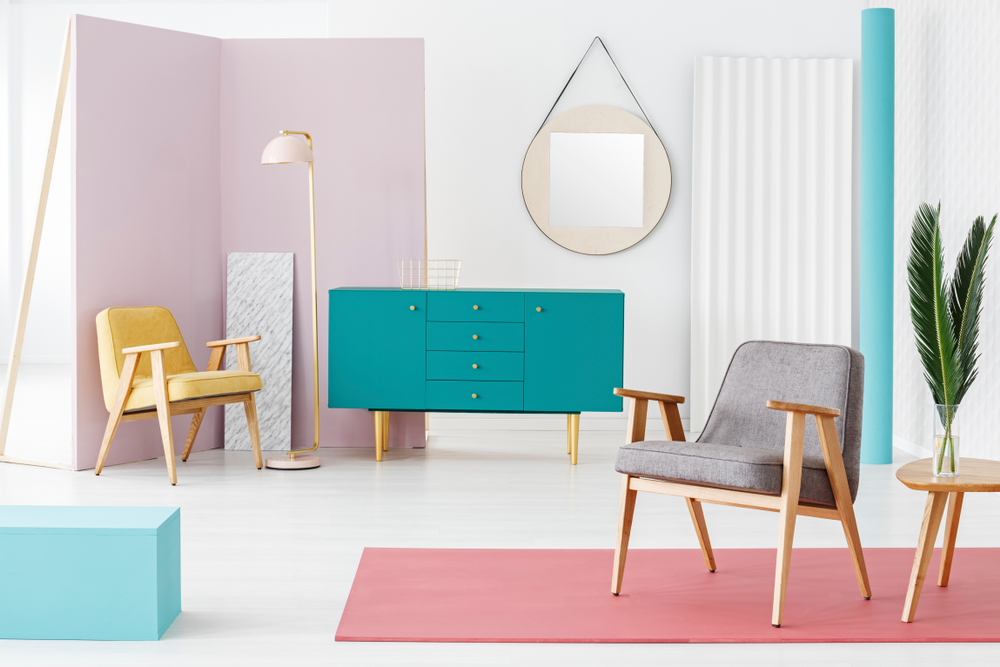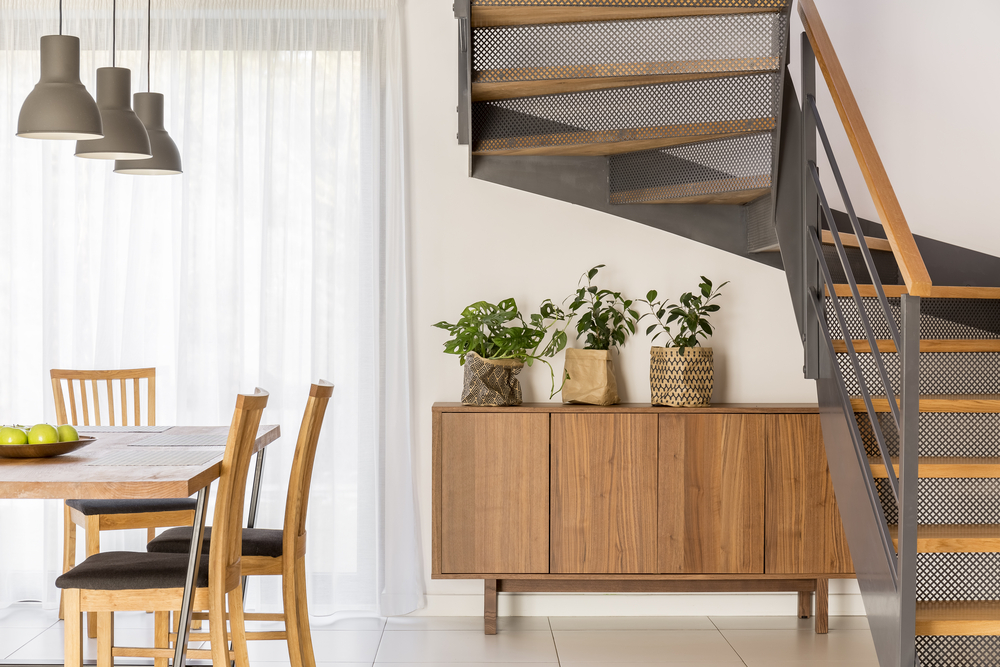The home defines the lifestyle of an individual. This might be the reason why many people spend fortunes on creating the most beautiful and visually stunning homes. But what makes a home unique is its visual aesthetics and design.
Aesthetics add soul to the home, making it more pleasant and livable. Considering interior design while selecting a thematic aesthetic can play a vital role in achieving the most visually appealing look one can expect for their home.
The term interior design was first used in the United States in 1904. In those days interior design was considered as a grand expression for spending money on decorating and modifying a space according to one’s own taste and preferences. It started as an art of decoration that has evolved a lot over the last 100 years or so. In today’s world, interior design has become a highly specialized profession that requires years of study and experience.
Why interior design is important for understanding home aesthetics?
One of the key features in deciding the proper aesthetics for your home is having the right idea about the basic concept. Interior design breaks down this concept into specific categories with flexible boundaries, making it easier to decide on the type of decoration that you want. It also vividly explains the different categories of home aesthetics and how to achieve and further enhance them.
It is important to understand that there are no specific rules that need to be followed while designing the interior of your home. This blog is only meant to help you make decisions with ease.
Modern or traditional?
First thing that you need to consider before initiating the process of aesthetically designing your home is the kind of thematic setting that intrigues you. Whether you lean towards the timeless, classic designs of the old world or the minimalistic and functional designs of today, interior design helps you efficiently incorporate these ideas into your living space. Let’s go through some of the major styles of interior design:
-
Traditional
This style consists of detailed wood work, various carved modeling, sturdy crafted furniture and more. It is usually designed under the influence of 18th and 19th century European décor. Major defining features of a traditional setup include finer details, heavy furniture, Architectural details and elegant furnishings.
-
Modern
Modern interior design is quite opposite to traditional design. It usually focuses on minimalistic aesthetics, clean architectural lines with an open space feel. Practicality and functionality are at the core of modern design.
-
Transitional
For the people who want to experience the best of both worlds, there is the concept of transitional interior design. Here the client can experiment with a variety of architectural combinations from both styles. Its main feature is the variety that it adds to the project.
These categories have their own sub-categories that people can mix and match to come up with the aesthetic that is the most appealing to them. Some of these styles include Contemporary, Industrial, Retro, French country and Scandinavian.
Color scheme
 After you are done selecting the design theme for your home, it’s time to move on to the color palette. Selecting a color theme follows specific principles, all of which should be considered before making the choice.
After you are done selecting the design theme for your home, it’s time to move on to the color palette. Selecting a color theme follows specific principles, all of which should be considered before making the choice.
How to choose the right interior colors?
-
Choose the colors that you love
The best way to select a particular color scheme is by choosing your favorite color as the base of the color palette and creating a color scheme around it. As stated earlier, you are not bound by the traditional scheme of a particular style. Having your home painted with the colors you love mostly results in a satisfying visual appeal.
-
Use the same hue for the shades that you are building your palette with
Once you are done picking on a color you can use the similar hue for adjacent hues on your walls. Apart from providing a certain depth to your home, it also provides the certainty of colors going well together.
-
Use of color theory
Color theory can be used to narrow down specific color combinations that work well. For instance, pink goes well with bright red. Grey, purple and black go well with blue. It can be also used to enhance a specific color in the combination. Using color theory properly can result is some really pleasing textures adding more to the aesthetics.
Furniture
 Choosing the right furniture is crucial, since you will be using these props for decorating every room in your home, as well as using them functionally. The main factors you need to consider while selecting your furniture are:
Choosing the right furniture is crucial, since you will be using these props for decorating every room in your home, as well as using them functionally. The main factors you need to consider while selecting your furniture are:
-
Space/Area
If you are the kind of person who follows the minimalist ideology then you might want to consider getting small compact furniture that doesn’t cover a lot of space. This kind of furniture is usually created with industrial materials such as fiber, plastic, glass etc. If space is not an issue in your home and you like bigger, grander decor, you can opt for elaborate wooden, metal or glass furniture with engravings and crafting work on it.
-
Color scheme
Having furniture that goes well with your color scheme adds to the visual appeal of your home.
Wood goes well with a color scheme from the red family. Plastic and metallic furniture go exceptionally well with a sleek white or blue color scheme. Elaborate furniture usually mixes well with a yellow and brownish background.
-
Aesthetics
The most crucial part while selecting your furniture is having the clear idea about the kind of aesthetic that you want to display. Plastic and metal are ideal if you are going for a modern, futuristic kind of a setting. On the other hand, if you are more inclined towards a classic look, you might want to try a combination of bronze, teak wood and fabric.
Now that we have laid down the basis for understanding the visual aesthetics you can experiment with these concepts into crafting your own aesthetically pleasing home. Just remember to take this blog as a guide rather than following it as a set of rules. At the end of the day it is you who will be living in the house. So craft your aesthetics around the kind of appeal that you want from your home.
